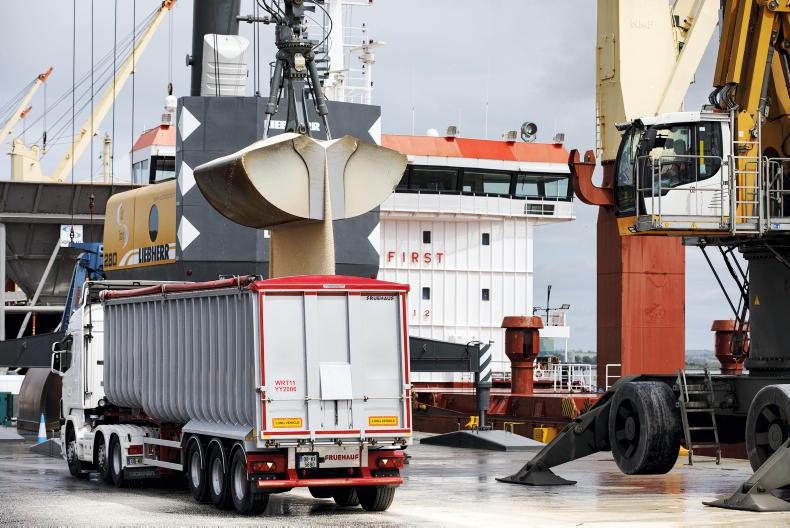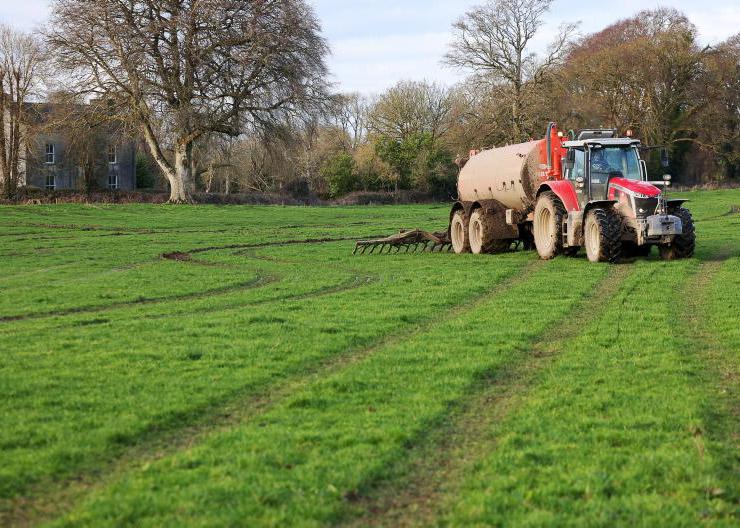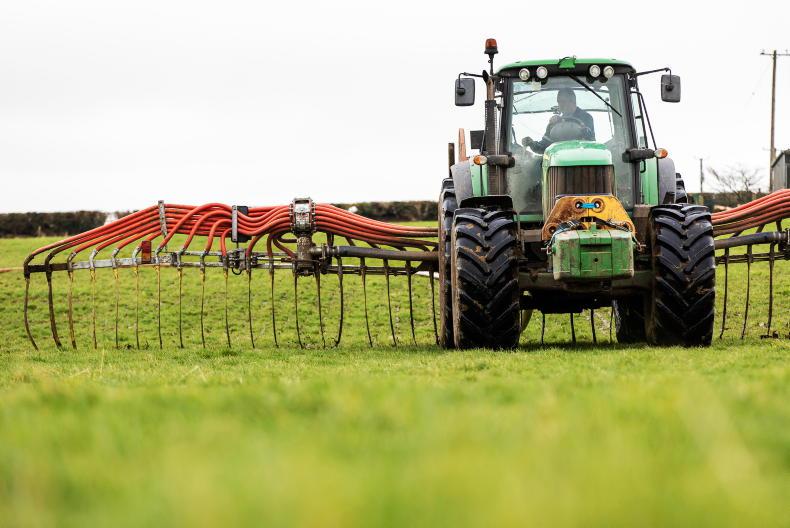Leeway has been sought from the Department of Housing by the Department of Agriculture after an interim review of the nitrates derogation was delayed.
Referencing the uncertainty that surrounds whether different areas will be limited to 220kg organic N/ha or 250kg N/ha, Department of Agriculture senior inspector Ted Massey said: “I want you to be confident that we are not going to be asking people to slaughter in-calf cows this autumn.”
Massey told farmers at the Carbery-organised Slurry Solutions event in Rosscarbery, Co Cork, on Tuesday, that an interim review of the nitrates derogation was conducted by the Department of Housing and that a resulting draft report was expected to be published for public consultation before this year’s breeding season commenced.
The expectation had been that farmers would have a clear idea of where they stood before the current breeding season ended, Massey said, but this was delayed.
“As we saw it being delayed, we communicated our concern that by the time this draft report would get out for public consultation, any cow that will be calving down next spring will already be in-calf,” he said.
“In the Department of Agriculture, we do not want to see farmers being forced to slaughter in-calf cows. We have suggested to the Department of Housing that, given the delays that any additional areas that have to move to 220kg N/Ha as a result of that assessment process cannot move till next January.”
Massey also noted the changes over the last year and that made him confident that Ireland could secure a further derogation.
“The narrative was, we’ve had a lot of change, we’ve done enough; we just need to give it time and it will all be grand to a situation [where] there’s recognition that there’s potential to do more.
“We’ve moved from there to a situation where across the industry there is an appreciation of the need to do more to improve water quality,” he said.
“I firmly believe Ireland will secure a further nitrates derogation. However, if we want to see the maximum possible stocking rates under that derogation, we need to see an improvement in water quality.”
Stating that all farmers had a role to play regarding water quality, not just derogation farmers or dairy farmers, Massey added: “Farmers need to get from a situation where they can choose to manage their slurry versus trying to manage the level of slurry in a tank so they can get the best out of it, reduce their costs in terms of chemical fertiliser, but also reduce the loss of nutrients to water. That has to be a key part of our strategy to future proof our industry.”









SHARING OPTIONS